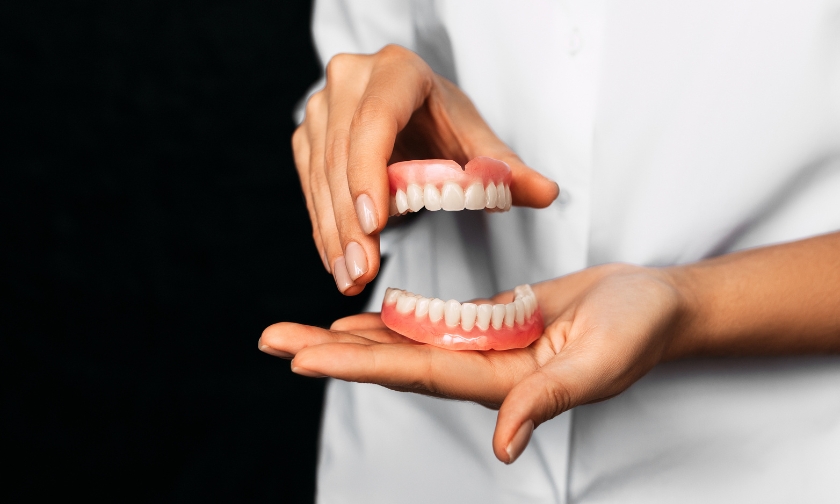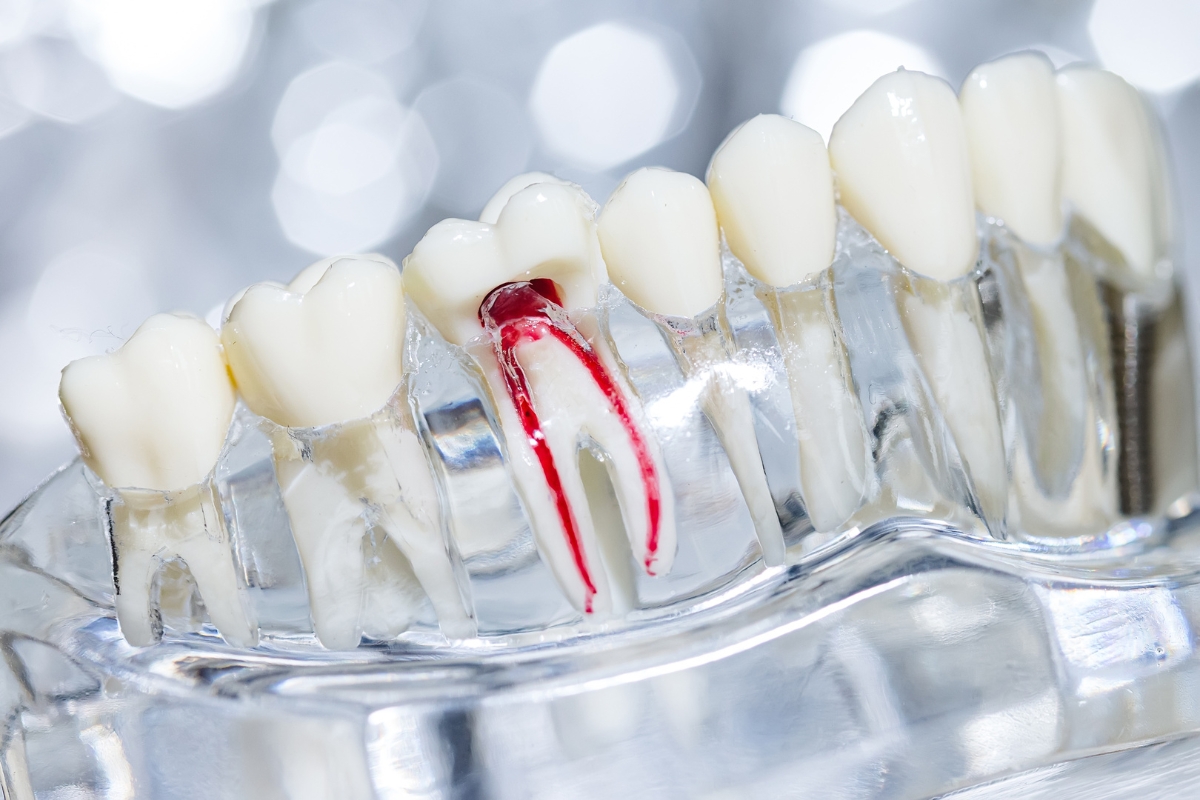
Winter in Prairie Village brings chilly winds, freezing temperatures, and an inevitable drop in temperature. As people bundle up to stay warm, one often-overlooked problem arises—teeth pain caused by the cold. For many, exposure to the frigid air can trigger sharp, discomforting sensations in the teeth. Cold weather and teeth pain are common during winter, especially in regions with extreme weather like Prairie Village.
The cold air and sudden temperature changes can cause sensitive teeth to react painfully, making it difficult to enjoy the season’s activities. This blog will explore how cold weather affects teeth and provide practical tips on preventing and managing teeth sensitivity during the winter months.
Understanding the Link Between Cold Weather and Teeth Sensitivity
What is Teeth Sensitivity?
Teeth sensitivity occurs when the protective enamel on your teeth wears down. This exposes the softer layer underneath, called dentin, which contains nerve endings. These nerves are sensitive to temperature changes, pressure, and certain foods. As a result, you may experience discomfort or sharp pain when consuming hot or cold items.
How Cold Weather Affects Teeth?
Cold weather and teeth pain are linked because sudden exposure to cold air or biting into cold foods can trigger a sharp response in sensitive teeth. The cold temperature causes the nerves in exposed dentin to react, leading to pain.
Additionally, the dry air during winter can make your gums more susceptible to recession, further exposing the dentin.
Who is Most at Risk?
Individuals with existing dental issues, gum recession, or weakened enamel are more vulnerable to teeth sensitivity. If you have a history of cavities or other dental conditions, your teeth may be more prone to reacting to cold temperatures.
Why Winter in Prairie Village Increases Teeth Sensitivity?
Climate Conditions in Prairie Village
Prairie Village’s cold winters can exacerbate teeth sensitivity. The region experiences temperatures that often drop below freezing, with chilly winds and dry air. These conditions can dry out the mouth, causing discomfort for sensitive teeth.
When the temperature suddenly shifts, your teeth can feel the effects, particularly if they are exposed to cold for long periods.
Local Factors
The habits common in Prairie Village, such as enjoying cold beverages or participating in winter sports, can also contribute to tooth pain. Whether sipping iced coffee or hitting the slopes for some winter fun, exposure to cold air and drinks can trigger sharp pain in sensitive teeth. This is especially true if you have existing gum issues or weakened enamel.
Additionally, during winter, many people drink hot beverages, like coffee or tea, which can irritate sensitive teeth when paired with the sudden transition to cold air outdoors. These sudden temperature shifts can increase discomfort for those prone to teeth sensitivity.
Tips for Preventing Teeth Sensitivity During Winter
1. Use a Desensitizing Toothpaste
Desensitizing toothpaste is a great way to reduce discomfort over time. These toothpastes contain compounds that block the nerve signals causing pain. This toothpaste can help protect sensitive teeth and minimize cold weather and teeth pain.
2. Brush Gently with a Soft-Bristled Toothbrush
Brushing too hard can worsen sensitivity by wearing down enamel. Opt for a soft-bristled toothbrush to clean your teeth gently. Use circular motions rather than aggressive back-and-forth strokes to reduce the risk of enamel erosion and gum recession.
3. Wear a Mouthguard if Needed
A custom mouthguard can be beneficial for those who grind their teeth at night. Teeth grinding, which may increase during stressful winter months, can wear down enamel, making teeth more vulnerable to cold sensitivity. A mouthguard can protect teeth while you sleep.
4. Limit Acidic Foods and Beverages
Acidic foods and drinks, like citrus fruits, soda, and wine, can wear away tooth enamel, increasing the risk of tooth sensitivity. In winter, limit these foods to protect your teeth from further damage. Rinse your mouth with water after consuming acidic items to neutralize the acids.
5. Stay Hydrated
Dry mouth is a common issue during winter due to the dry air. Saliva helps protect your teeth by neutralizing acids and washing away food particles. Drink plenty of water to keep your mouth moist, which can help prevent sensitivity.
6. Warm Up Your Mouth
If you’re venturing outdoors into the cold, consider covering your mouth with a scarf to protect your teeth from the chilly air. Warming up cold food and beverages before consuming them can also reduce the temperature shock that triggers pain in sensitive teeth.
What to Do if Teeth Sensitivity Persists?
When to See a Dentist?
If your teeth sensitivity continues despite your best efforts to manage it, it may be time to consult a general dentist in Prairie Village. Persistent pain could indicate a more serious underlying issue, such as cavities, gum disease, or cracked teeth. Don’t ignore the pain—seeing a dentist early can prevent further complications.
Possible Dental Treatments
A general dentist can recommend fluoride treatments, sealants, or dental bonding to help with long-term sensitivity. These treatments can strengthen enamel, reduce pain, and protect your teeth from future sensitivity issues. If your teeth sensitivity is linked to gum recession, your dentist may suggest a gum graft or other treatment options to address the problem.
Cold weather and teeth pain often go hand in hand, especially in Prairie Village’s winter months. By understanding the causes of teeth sensitivity and taking preventive measures, you can reduce discomfort and enjoy the season without worrying about tooth pain. Using desensitizing toothpaste, brushing gently, and staying hydrated are simple yet effective ways to protect your teeth.
If sensitivity persists, don’t hesitate to consult our general dentists for further evaluation and treatment. With the right care, you can enjoy all that winter has to offer without the pain.




